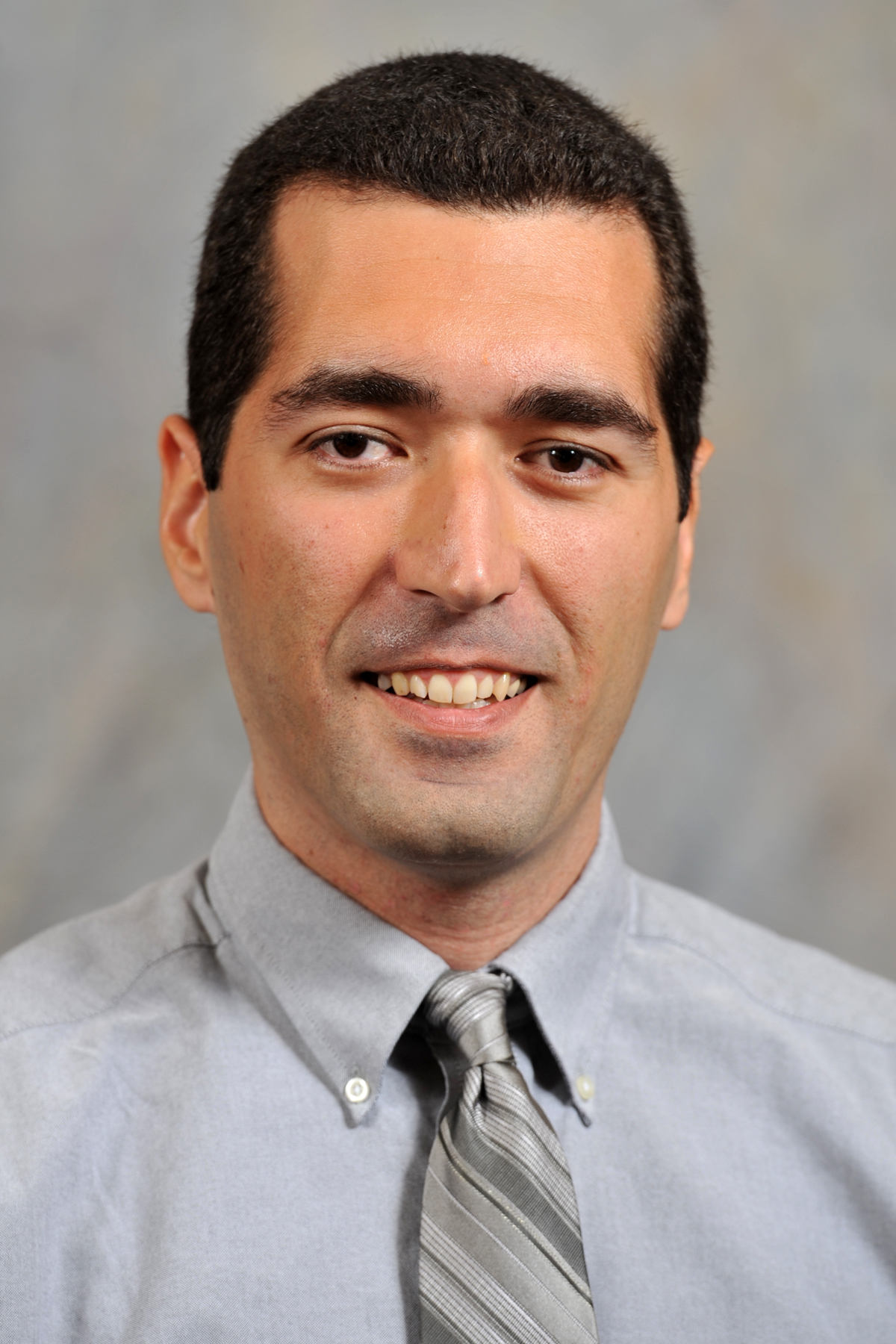Majid Dadgar’s Three Minute Thesis
ICT-Enabled Self-Management of Chronic Diseases and Conditions through Value-Sensitive Design
Increasing numbers of older populations and patients with chronic diseases such as diabetes, asthma, heart diseases demand a new healthcare model in which patients take more responsibility in their disease management and actively collaborate with their health professionals, known as self-management (SM). SM is defined as a patient’s ability to manage the symptoms, treatment, physical and psychosocial consequences, and life style changes that are germane to living with a chronic disease. SM systems enabled by information and communication technologies such as medical devices, internet-based solutions, and mobile apps, have promising benefits for patients with chronic diseases. However it is not clear in the literature if values that are important to the patients are implicated in the systems. Majid’s research provides system design principles and guidelines for designers to build SM systems that account for values, such as accountability, convenience, interpretation, privacy, and autonomy, that are important to chronic- disease patients. His results may inform national policy on promoting value-based health models using information and communication technologies and contribute to national healthcare discourse.
You can view Majid Dadgar’s Powerpoint presentation here.
About Majid
Majid Dadgar is Ph.D. candidate in management information systems at Washington State University, in the Carson College of Business. He earned his bachelor’s degree from the University of Tehran and his master’s degree from The Ohio State University. His background is in design science ranging from industrial design to applied software engineering. He is passionate about information technology and interested in employing technology to better human life. His master’s research in healthcare addressed ways to help autistic children with social interaction. His education in interdisciplinary environments enables him to initiate cross disciplinary studies in social sciences, psychology, computer sciences and engineering.
